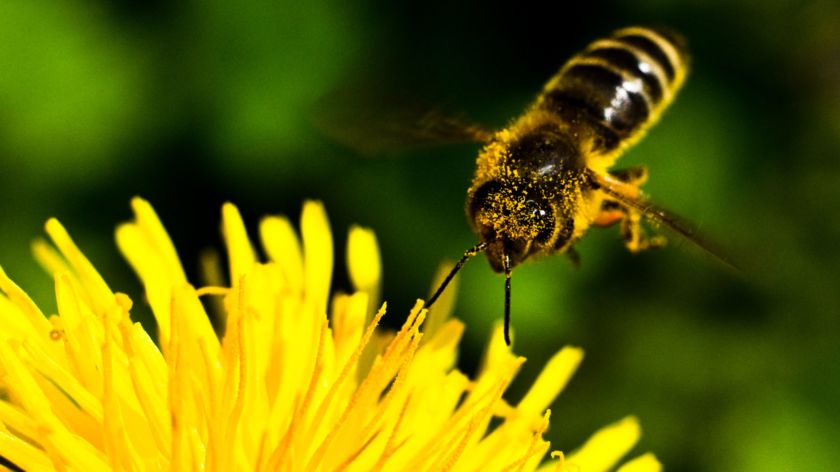Insect research takes the world by storm
-
 Foto: Renee.hawk (CC)
Foto: Renee.hawk (CC)
The research of Hans de Kroon and Caspar Hallmann has taken the world by storm. They established that over 75% of flying insects have disappeared from protected German conservation areas. Media and politicians are falling over each other to speak to them.
It’s not given to many researchers: a publication that both takes the international media by storm and turns the political agenda on its head. And yet this is precisely what Radboud researchers Hans de Kroon, Caspar Hallman and their German colleagues have achieved with their study on flying insects. Or rather the small creatures’ absence.
International media
De Kroon and Hallmann concluded that in the past thirty years, more than 75% of the insect population in protected German conservation areas has disappeared. Their study was immediately picked up by the world’s biggest newspapers and websites, including NOS, BBC, The Guardian, CNN and the Washington Post. The Spanish , Belgian and German media also jumped at the opportunity. And this is only a small selection from the hundreds of sites and blogs that covered the study.
Our research confirms what people already knew
De Kroon calls the media attention overwhelming. “Our study was picked up by every media channel imaginable. Of course we thought we’d get some attention, but we never expected this.” The reason for the explosion of media attention is not entirely clear, not even to De Kroon. “I think it may be because we put figures to a well-known phenomenon.” He mentions the example of the windscreen. “You used to have to scrape insects off it, but not anymore. Our research confirms what people already knew.”
Petition & European organisations
But did people really know? Not really, De Kroon admits. “The actual figure (75%, eds.) is much higher than expected. The problem turns out to be far more pressing than we thought.” This is confirmed by the sudden political attention for the insect issue. This week a Code red for nature petition with more than 26,000 signatures was submitted to Minister of Agriculture Carola Schouten. Next week De Kroon is due to meet with European Parliament representatives, and he will attend a hearing with representatives of the Dutch Parliament.
The researcher previously told Vox that the reasons for the insects’ disappearance is not yet clear and requires further research. But De Kroon remains hopeful. “This has been a wake-up call not only for media and politicians, but also for the agricultural sector. They too are now aware of the problem. Everyone seems to be jumping out of their seats. This is a good thing, because we’ve got to turn the tide on this. The insects’ disappearance is a disaster for our system. They’re responsible for pollination, form an important source of food, and contribute to chemical reactions in the soil. Insects are indispensable!”

